
Editorial | Jun 01,2024
A production disruption at the city's primary supplier of medical oxygen, Chora Gas Factory, has fueled the severe shortage of oxygen in the midst of what experts dub the third wave of the Novel Coronavirus (COVID-19) pandemic in Ethiopia.
The capital gets its oxygen supplies from two plants: Chora Gas Factory and Gast Solar Mechanics Plc.
Chora Gas Factory, a facility under its parent company Amaga Plc that used to produce more than 1,000 cylinders a day, faced issues with its production machinery, according to a manager at the company who insisted on remaining anonymous.
"We had a technical problem, as any plant might encounter," he said.
An accident that occurred during the machinery maintenance caused the plant to pause the supply of oxygen for days. The company, still unsuccessful in fixing the machines, has now started supplying oxygen to Addis Abeba from its other plant in Bahir Dar.
Meanwhile, a severe shortage of medical oxygen is crippling the city's health centres. The shortage is attributed to the scarcity of supply coupled with the high number of COVID-19 cases, increasing exponentially over the past weeks. Officials from the Ministry of Health have continuously cautioned the public to adhere to public health safety protocols; however, large masses continue to gather for various social, business and political events.
With Gast Solar now serving as the only major supplier, the oxygen demand in the city has skyrocketed. Patients who are cared for at home are in desperate need of oxygen cylinders, pushing demand beyond the capacity of the plant.
"Demand has quadrupled over the past three weeks," Solomon Bededmariam, general manager of the gas production unit at Gast, told Fortune.
The city's need for oxygen cylinders has increased by 20pc with the resurgent spread of the pandemic, according to Seife Demissie, director of pharmaceuticals supply & service at the Addis Abeba Health Bureau. Supply, however, cannot keep up even though private and public-owned plants are almost fully dedicated to the health sector. But industry sources say the increase in demand is double what authorities claim.
Hospitals that used to buy 80-100 cylinders a day are now placing orders for 150-200, which is not surprising, considering the number of COVID-19 cases reported. The situation is extremely dire. Close to 2,769 people have died of COVID-19 since the first case was identified in March of last year; 28 of them died in a single day late last week. There are 769 patients with severe cases who require life-saving support such as oxygen and ventilators, according to health officials. The infection rate in Addis Abeba lingers at above 20pc, while it is much higher in places like Dire Dawa, which saw 65pc earlier this month.
Patients and relatives are paying visits to the plants begging for oxygen. Suppliers have had a series of discussions with the Ministry of Health to outline ways to achieve higher production levels. There is work in progress to fix idle or broken machines and start production.
The production of oxygen was not given attention before the pandemic. The companies with oxygen plants faced foreign currency shortages as it was not given much priority. But things have improved now, at least for the business, as the issue has been addressed along with problems having to do with power interruptions.
Another supplier of oxygen cylinders, Universal Gas Plant, founded in 2012, supplies to health centres in parts of Addis Abeba, Adama, Dire Dawa, part of the Southern region, and Wollega Zone in Oromia Regional State. Demand has surpassed its capacity, especially once Chora paused production, according to Yared Demissew, general manager of the plant.
The plant has almost stopped supplying oxygen to other sectors, completely dedicating its capacity to the health sector. However, although the plant has the capacity to fill 1,500 cylinders a day, it is producing far less than that as the machinery requires maintenance.
"We haven't been able to bring technicians from abroad due to the pandemic," Yared told Fortune.
They have, however, pleaded for support from the government and been told to stand by as it looks into possible solutions, he said.
The health sector has been struggling with supply constraints well before the pandemic, Siefe told Fortune. Insufficient oxygen supply has been one of the main causes of infant mortality for years.
Concerns are growing as the number of patients in need of intensive care increases tremendously, while the supply of oxygen and the number of ventilators remains the same. Experts from the Ministry of Health report that COVID-19 centres are operating at full capacity as cases surge with only 500 ventilators available for the critically-ill. The city's Health Bureau plans to build more in-hospital oxygen plants and encourages private companies to move into the sector. Hospitals such as St. Paul, Yekatit 12 and Tirunesh Beijing General Hospital are among the health centres planning to have their own oxygen plants shortly, while treatment centres like Millennium Hall are already sourcing from a plant in the compound, according to Siefe.
Although addressing the supply issue of oxygen is important, focusing on preventive measures should be given priority, especially for a developing country like Ethiopia, according to Alemayehu Worku (PhD), professor of public health at Addis Abeba University. Treatment is expensive and costly in terms of human lives. He wants to see the authorities strictly enforce preventive measures.
Alemayehu is not pleased with the authorities, viewing their behaviour as less than exemplary with public rallies and gatherings broadcast through the media where officials are clearly ignoring preventive measures.
The public will learn that prevention is necessary, but it will be only after lives are lost, according to Alemayehu.
The government has also started rolling out the first round of COVID-19 vaccinations on March 14, 2021. It pledges to vaccinate 20pc of the population by the end of the year.
PUBLISHED ON
Mar 27,2021 [ VOL
21 , NO
1091]

Editorial | Jun 01,2024
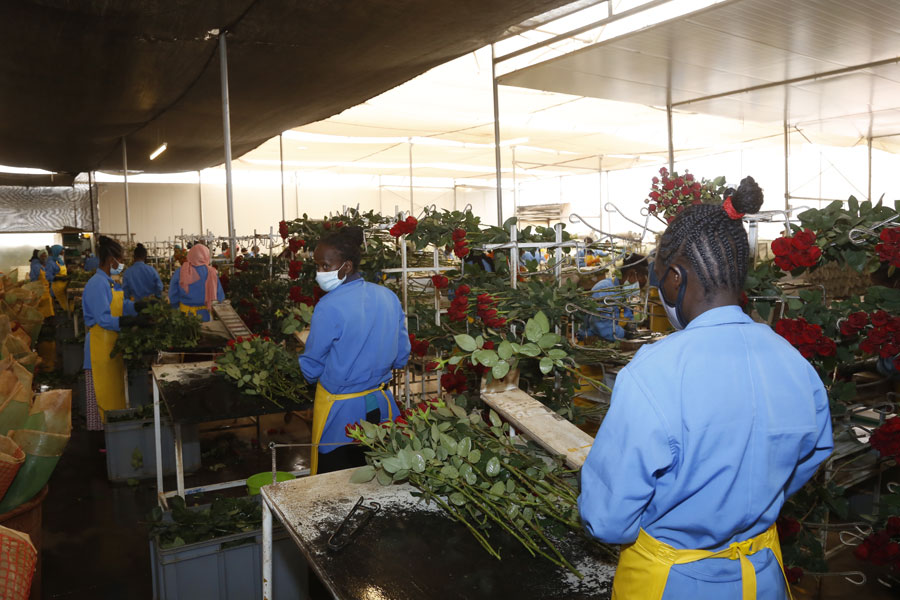
Fortune News | Apr 22,2023
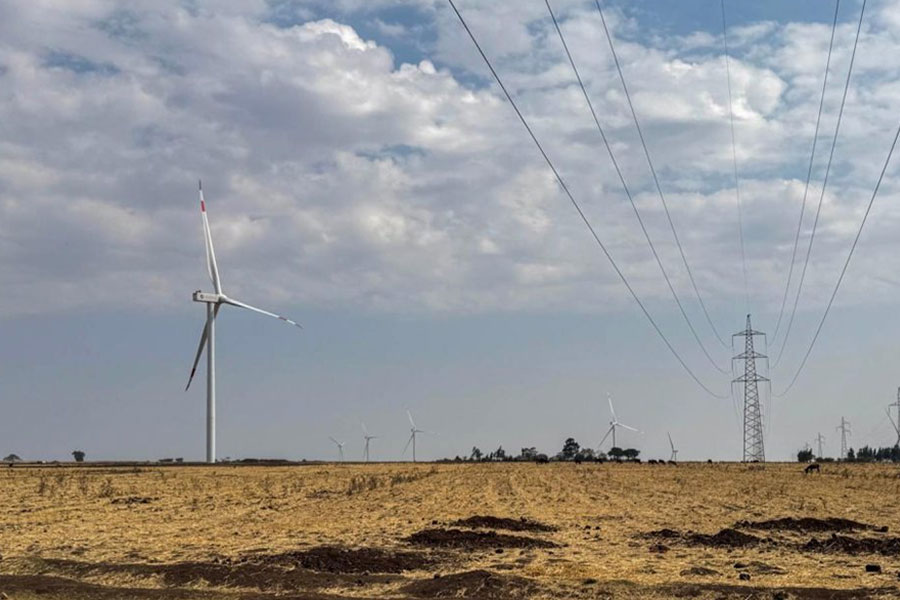
Radar | May 24,2025

My Opinion | Feb 17,2024

Fortune News | Mar 14,2020

Radar | Aug 29,2020
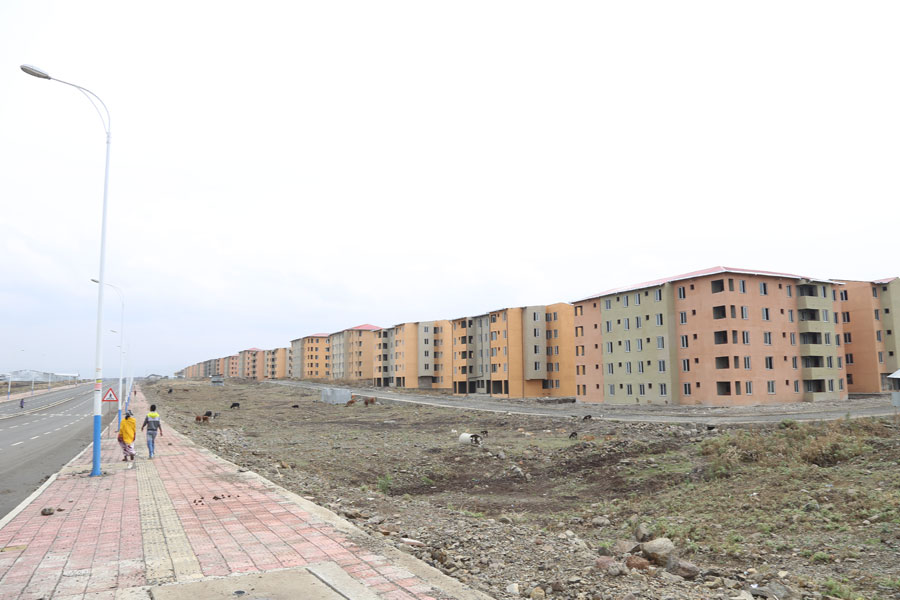
Fortune News | Mar 09,2019
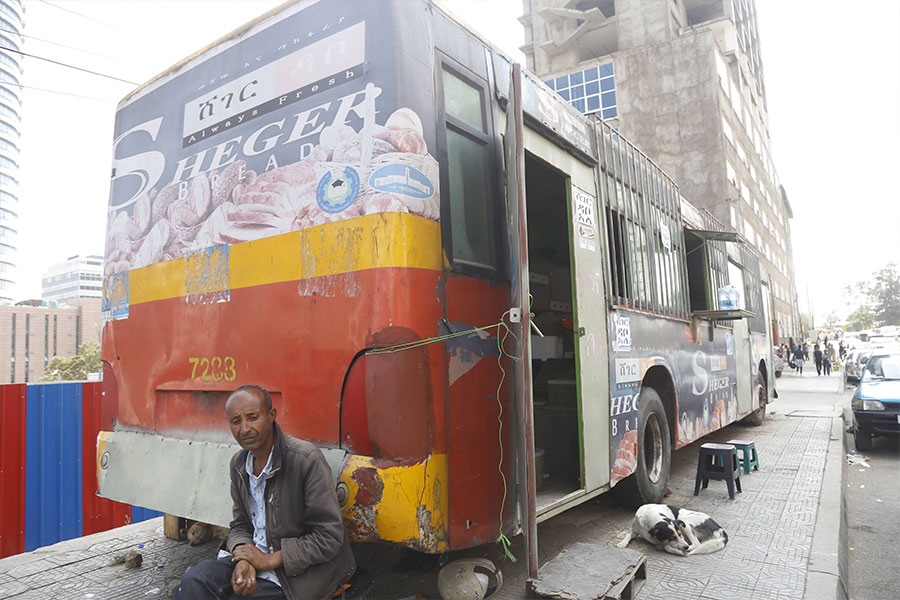
Agenda | Dec 19,2021
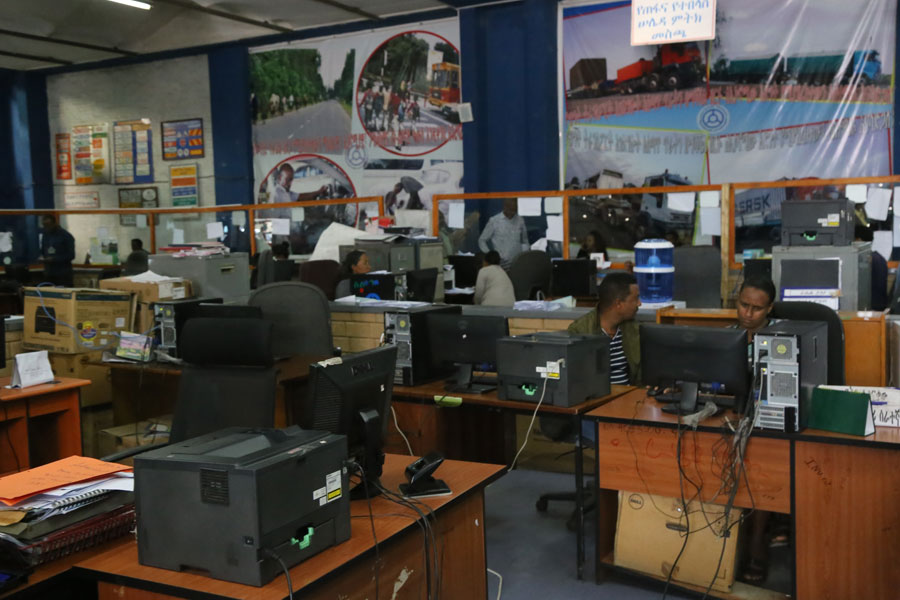
Featured | Feb 02,2019
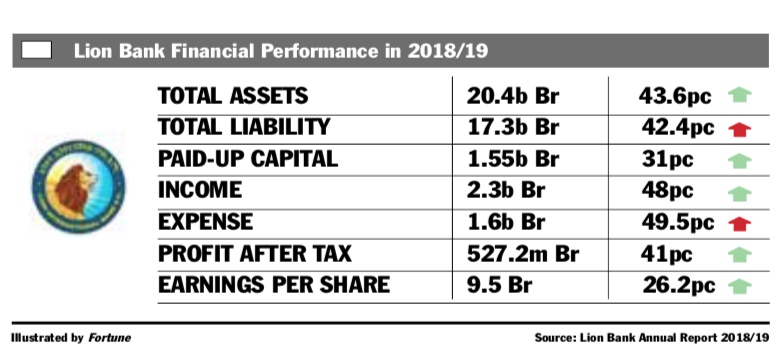
Fortune News | Feb 29,2020

Dec 22 , 2024 . By TIZITA SHEWAFERAW
Charged with transforming colossal state-owned enterprises into modern and competitiv...

Aug 18 , 2024 . By AKSAH ITALO
Although predictable Yonas Zerihun's job in the ride-hailing service is not immune to...

Jul 28 , 2024 . By TIZITA SHEWAFERAW
Unhabitual, perhaps too many, Samuel Gebreyohannes, 38, used to occasionally enjoy a couple of beers at breakfast. However, he recently swit...

Jul 13 , 2024 . By AKSAH ITALO
Investors who rely on tractors, trucks, and field vehicles for commuting, transporting commodities, and f...

Nov 1 , 2025
The National Bank of Ethiopia (NBE) issued a statement two weeks ago that appeared to...

Oct 25 , 2025
The regulatory machinery is on overdrive. In only two years, no fewer than 35 new pro...

Oct 18 , 2025
The political establishment, notably the ruling party and its top brass, has become p...

Oct 11 , 2025
Ladislas Farago, a roving Associated Press (AP) correspondent, arrived in Ethiopia in...